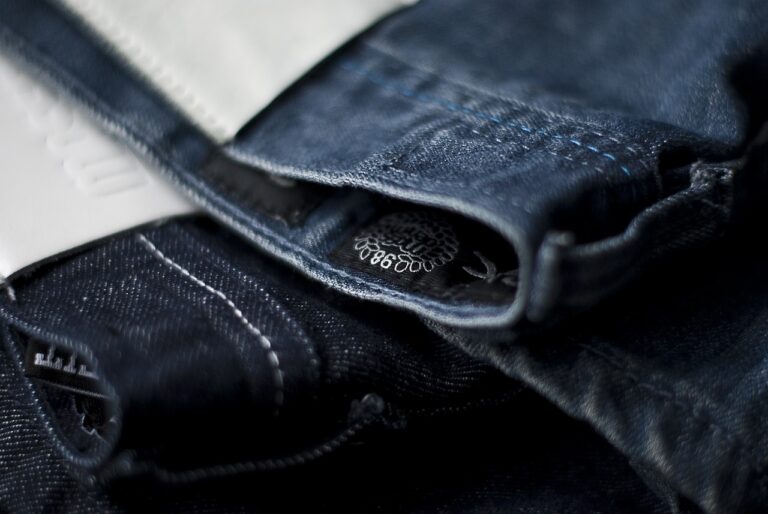The Role of Nutrition in Pet Skin and Coat Health: Play 99 exch, Lotus bhai, Playexch
play 99 exch, lotus bhai, playexch: Keeping your pet’s skin and coat healthy is not just about regular grooming and hygiene, but also about providing the right nutrition. Just like humans, pets require a balanced diet to ensure their skin and coat remain in top condition. In this article, we will delve into the role of nutrition in pet skin and coat health, and how you can make simple tweaks to your pet’s diet to keep them looking and feeling their best.
Nutrition and Your Pet’s Skin
The skin is the largest organ of a pet’s body and plays a crucial role in protecting them from external elements. Just like humans, pets can suffer from skin issues such as dryness, itching, inflammation, and infections. A poor diet lacking essential nutrients can contribute to these skin problems, making it important to feed your pet a well-balanced diet.
Proteins: Proteins are crucial for maintaining healthy skin as they help in cell regeneration and repair. Make sure your pet’s diet includes high-quality protein sources such as meat, fish, and eggs.
Omega-3 Fatty Acids: Omega-3 fatty acids are essential for maintaining skin health and a shiny coat. Include sources of Omega-3 fatty acids such as fish oil or flaxseed oil in your pet’s diet.
Vitamins and Minerals: Vitamins A, E, and D, as well as minerals like zinc and selenium, play a vital role in promoting healthy skin. Ensure your pet’s diet is rich in these nutrients through foods or supplements.
Hydration: Proper hydration is essential for healthy skin. Make sure your pet has access to clean, fresh water at all times.
Nutrition and Your Pet’s Coat
A healthy coat not only looks good but also indicates overall wellness in your pet. A diet rich in essential nutrients can promote a shiny, lustrous coat and reduce shedding.
Biotin: Biotin is a B-vitamin that is essential for healthy skin and coat. Include biotin-rich foods such as eggs, liver, and sweet potatoes in your pet’s diet.
Essential Fatty Acids: Omega-3 and Omega-6 fatty acids are important for maintaining a healthy coat. Ensure your pet’s diet includes sources of these fatty acids, such as fish oil.
Proper Digestion: A healthy digestive system is essential for nutrient absorption, which in turn affects your pet’s coat health. Include probiotics in your pet’s diet to promote good gut health.
FAQs:
Q: Can I give my pet human supplements for skin and coat health?
A: It is best to consult with your veterinarian before giving your pet any human supplements, as some may be harmful to pets.
Q: How long does it take for changes in diet to reflect in my pet’s skin and coat?
A: It may take a few weeks to a few months for changes in diet to show visible improvements in your pet’s skin and coat.
Q: Are there any specific dietary recommendations for pets with skin allergies?
A: Pets with skin allergies may benefit from a hypoallergenic diet recommended by your veterinarian to identify and eliminate potential allergens.
In conclusion, proper nutrition plays a vital role in maintaining your pet’s skin and coat health. By providing a balanced diet rich in essential nutrients, you can help your pet look and feel their best. Remember to consult with your veterinarian before making any significant changes to your pet’s diet, and monitor for any signs of allergies or sensitivities. With the right nutrition, your pet can enjoy a shiny coat and healthy skin for years to come.







